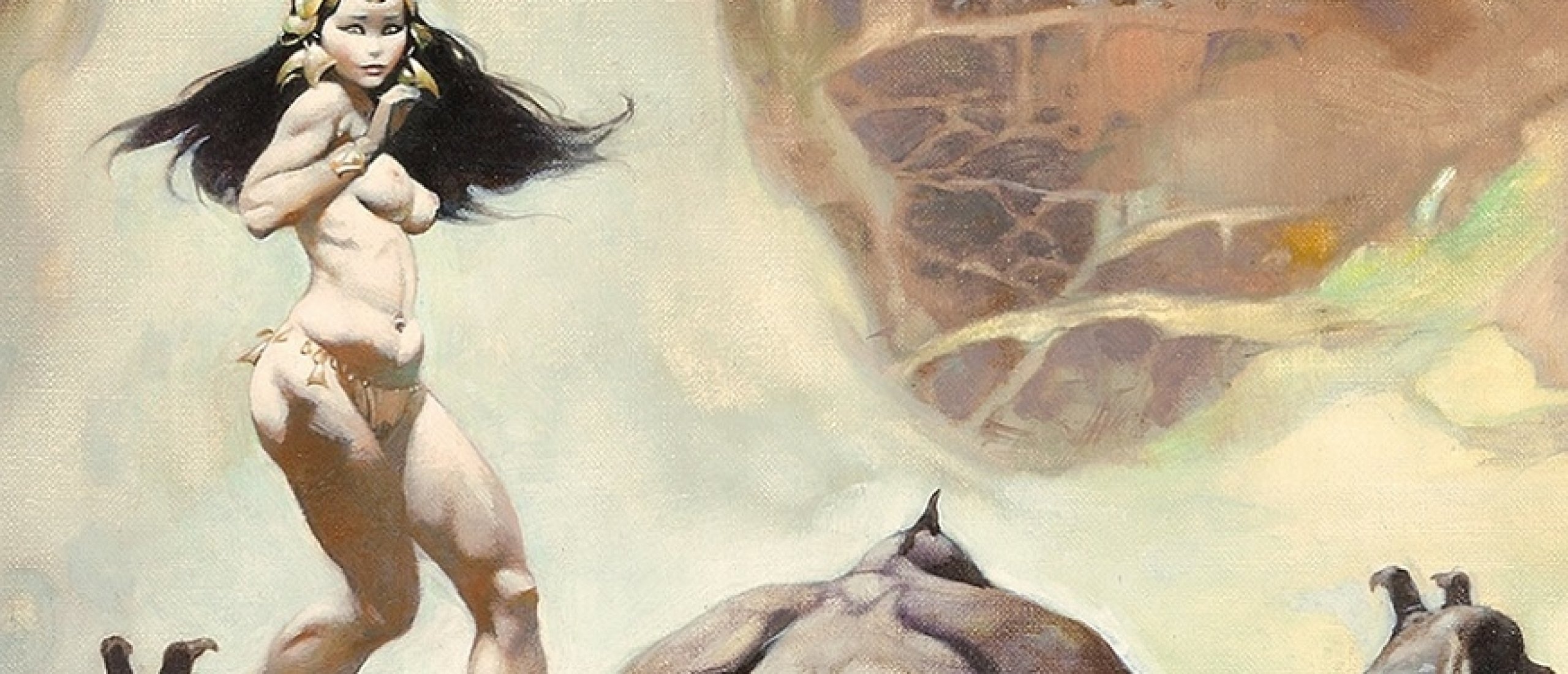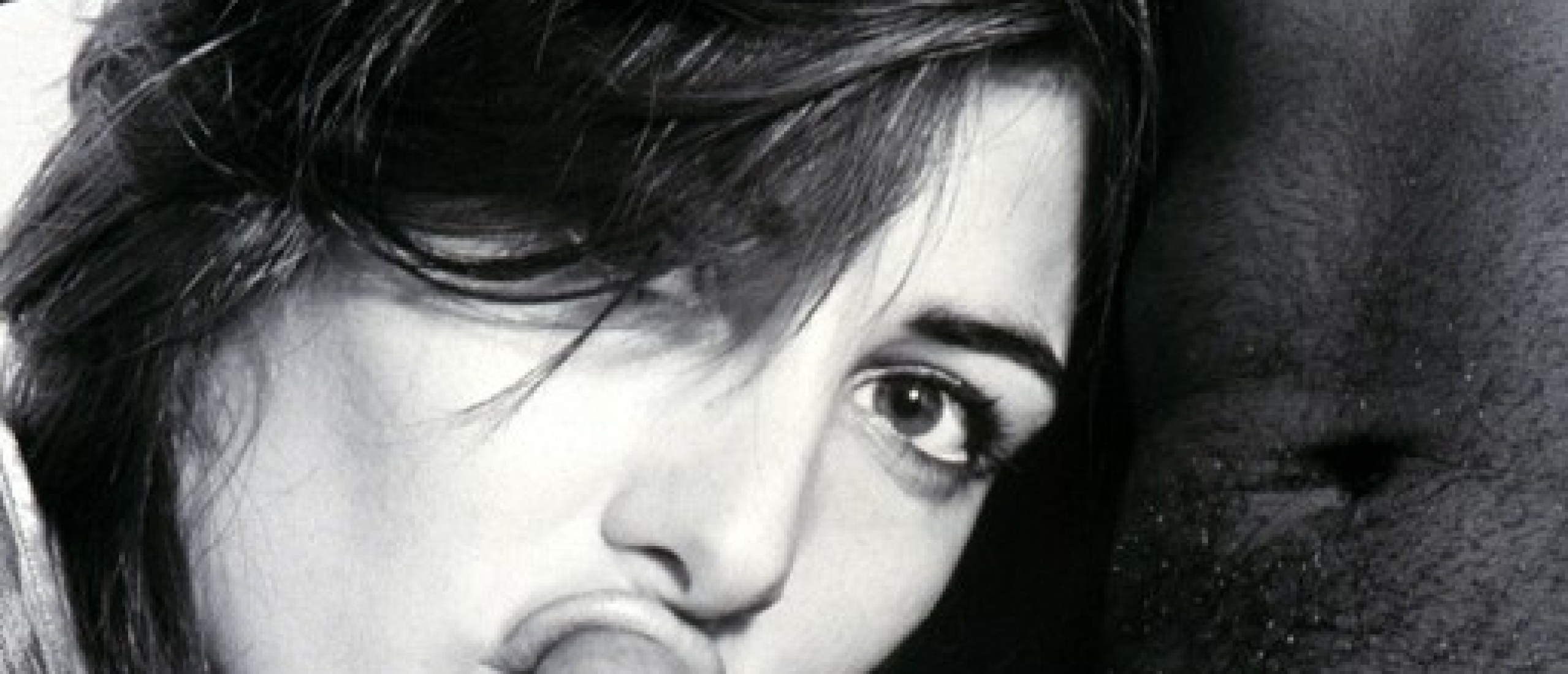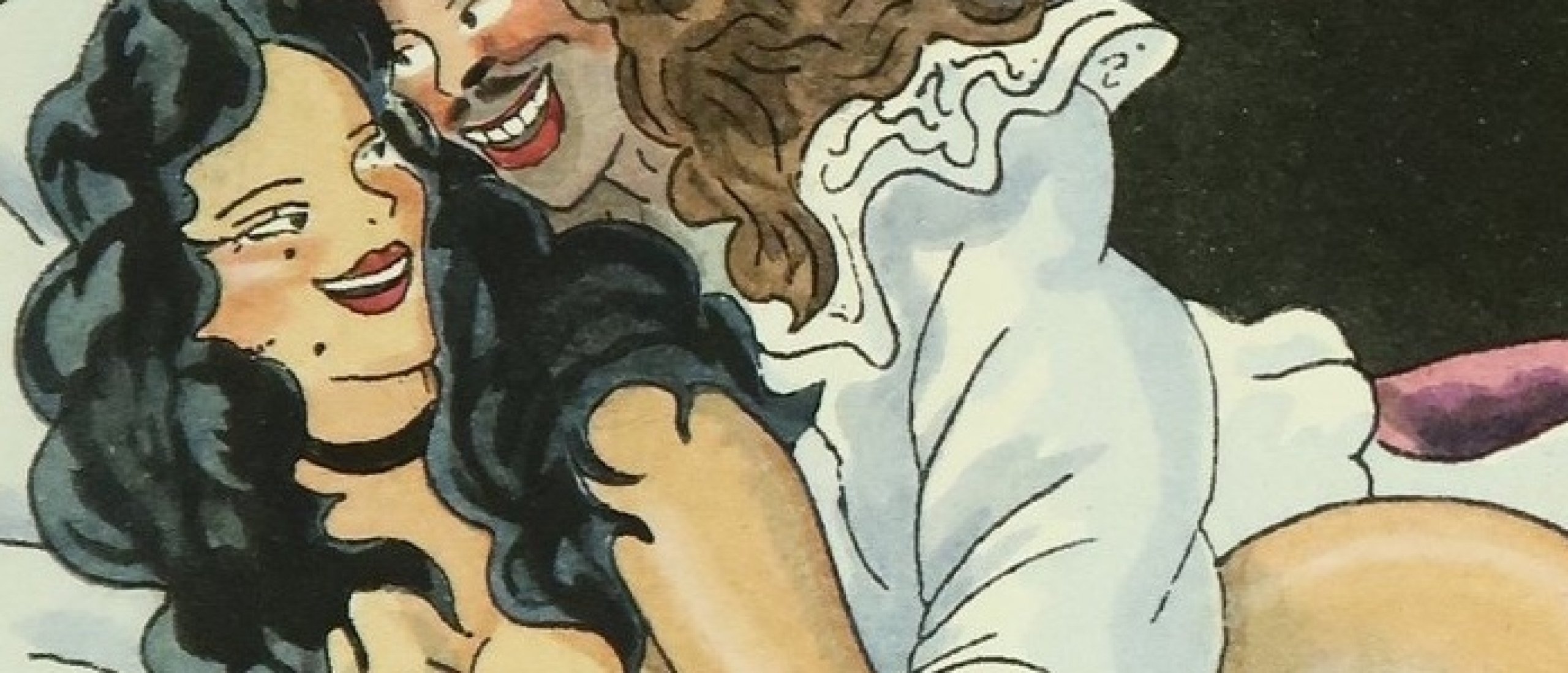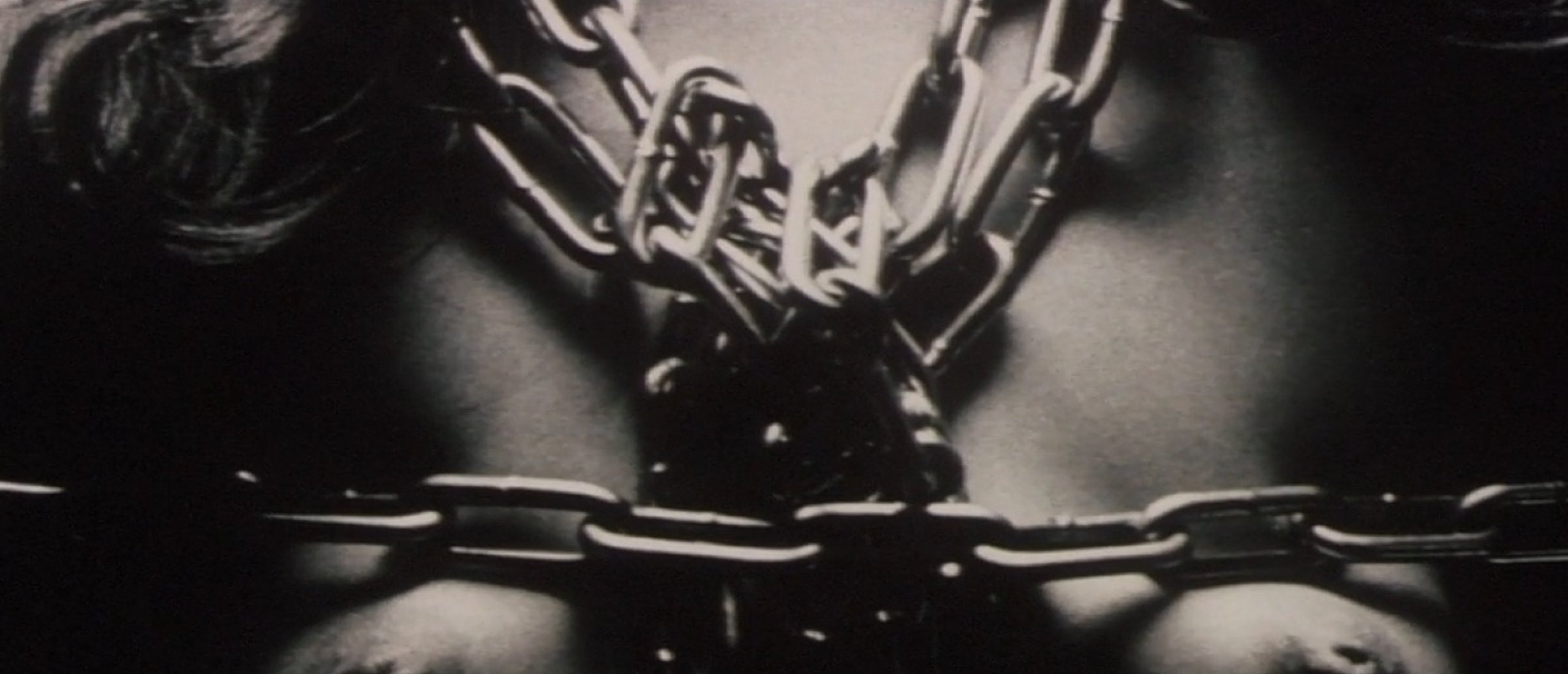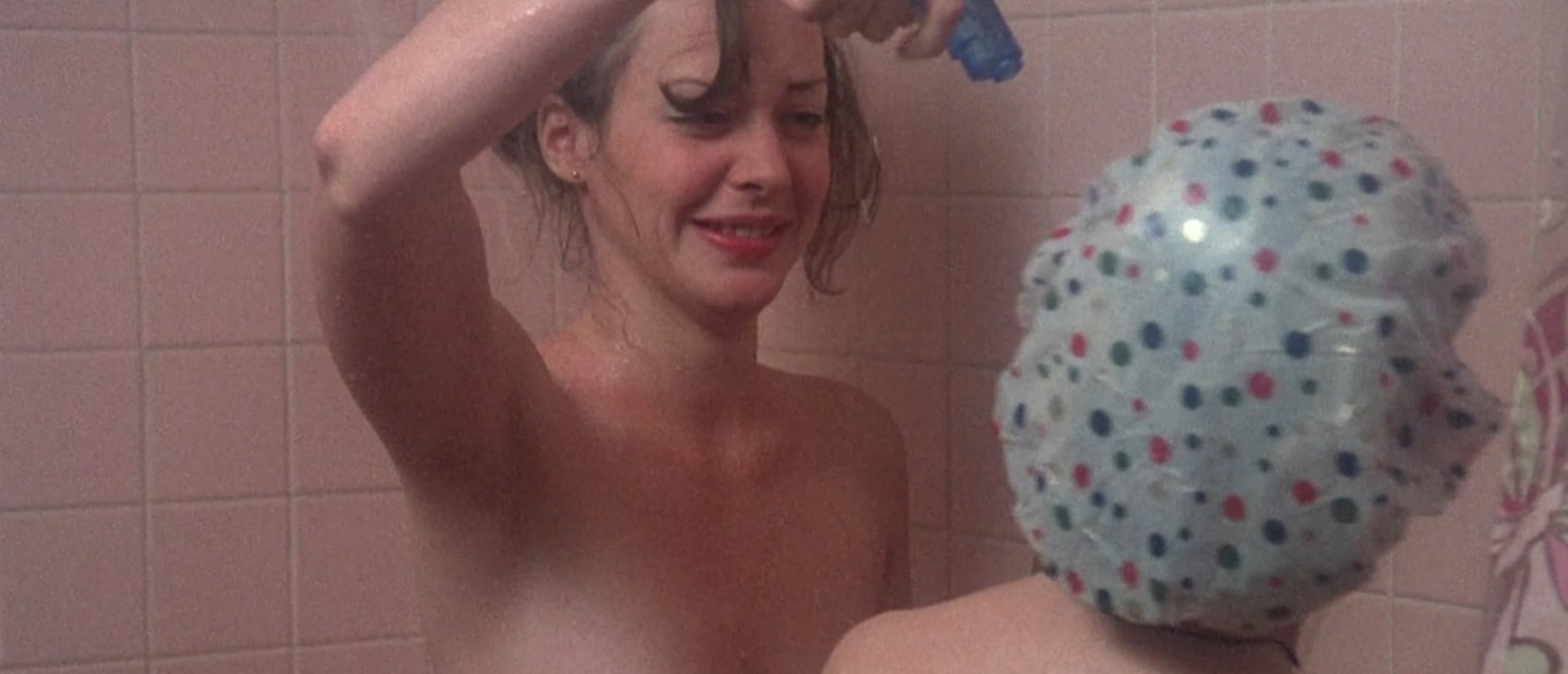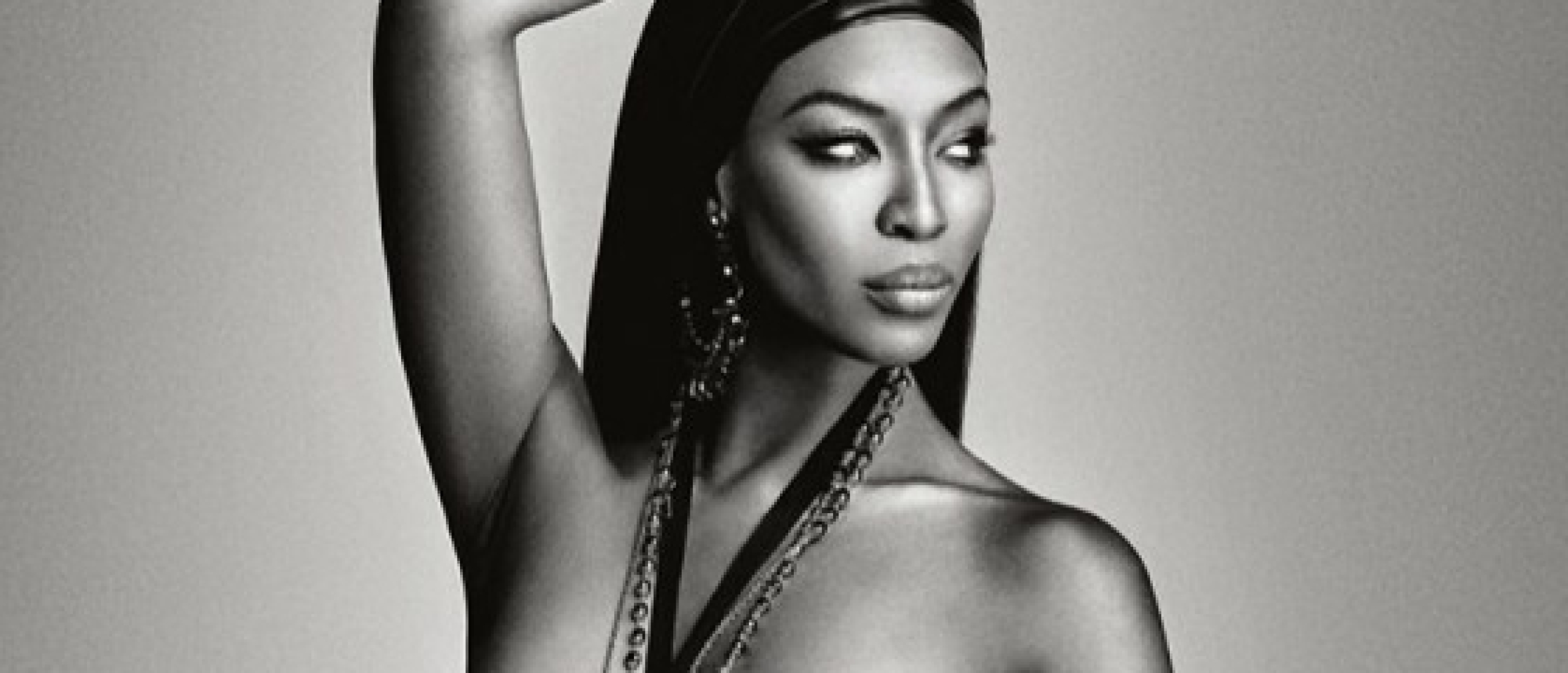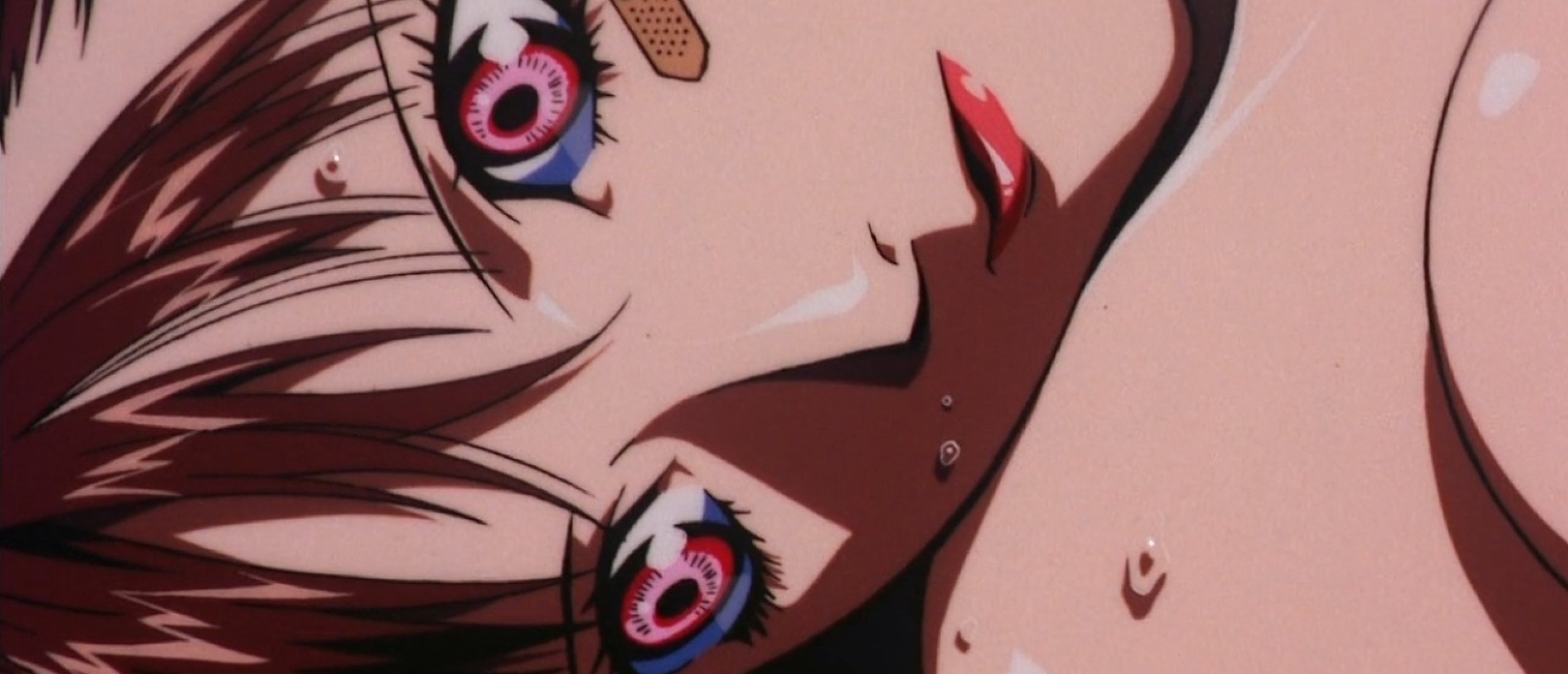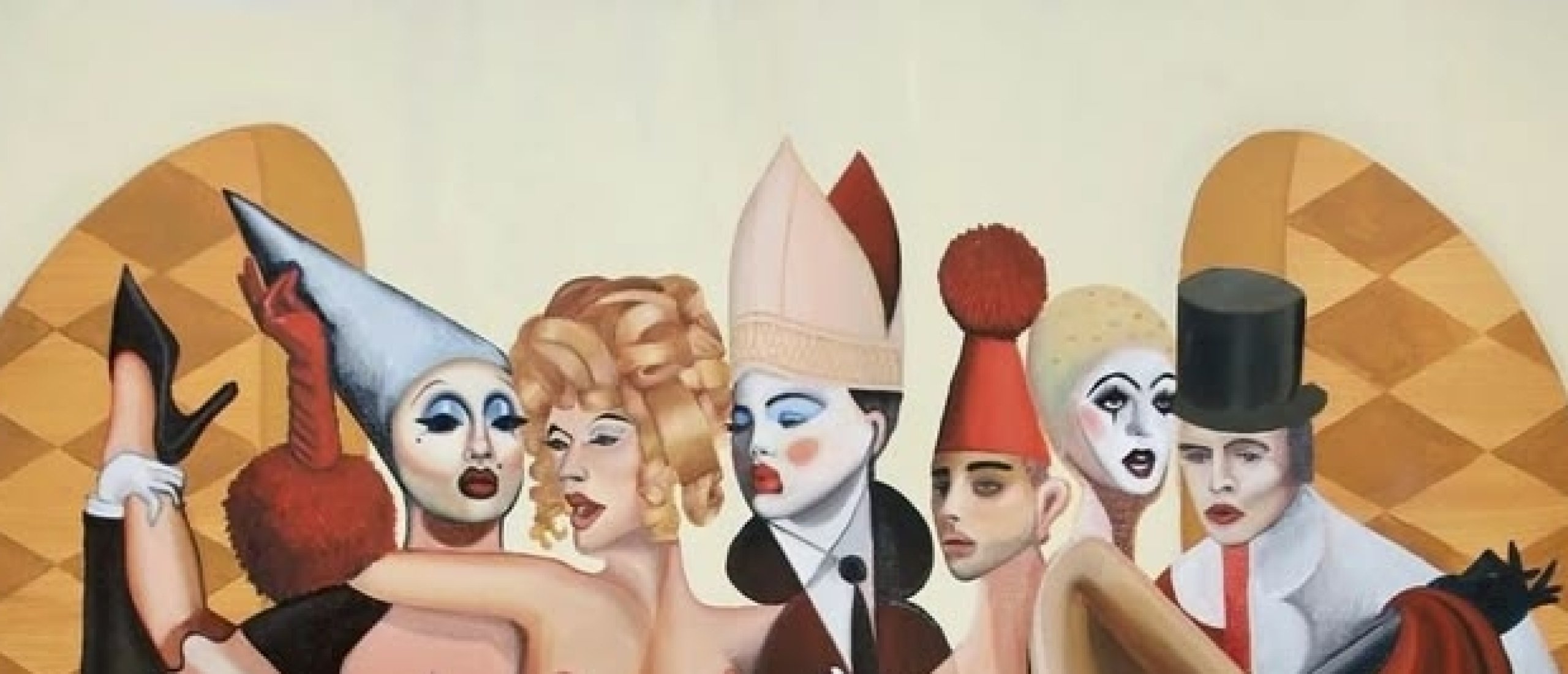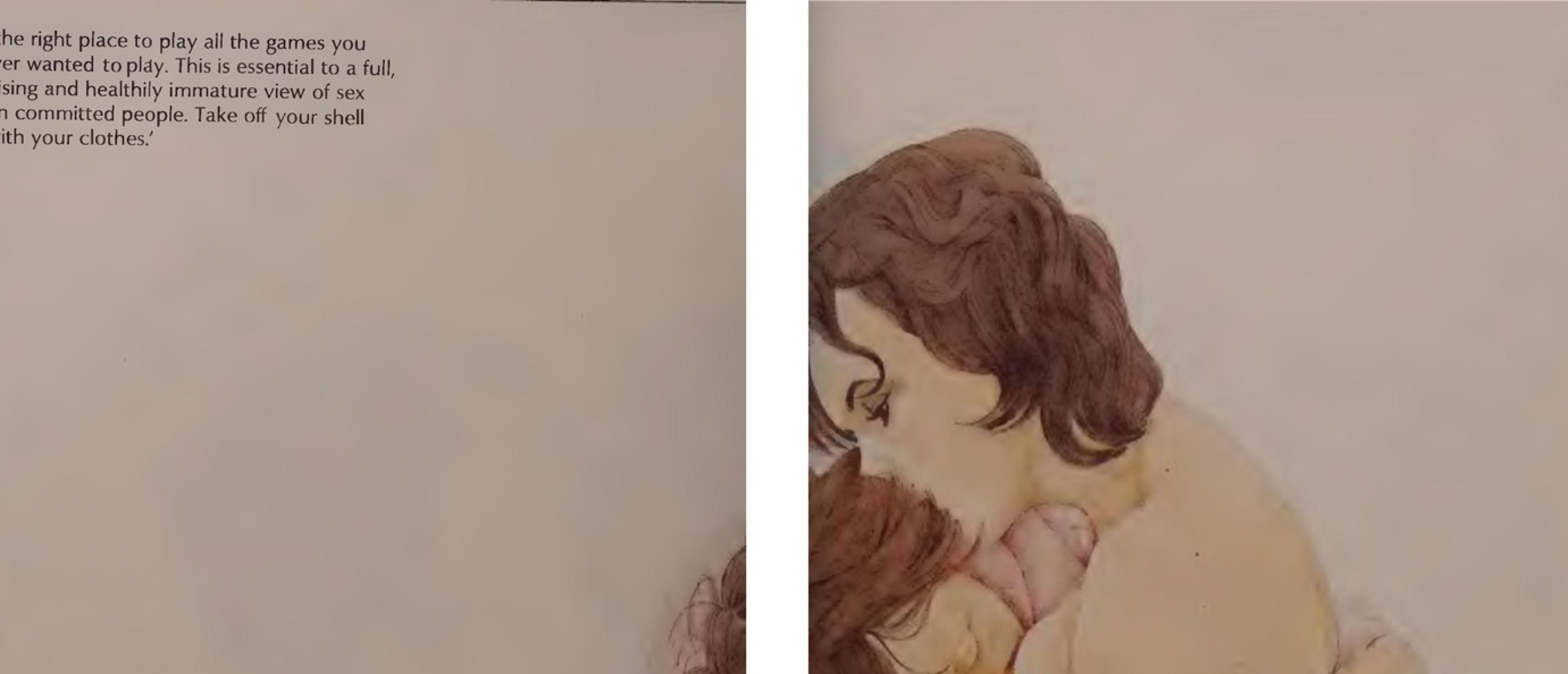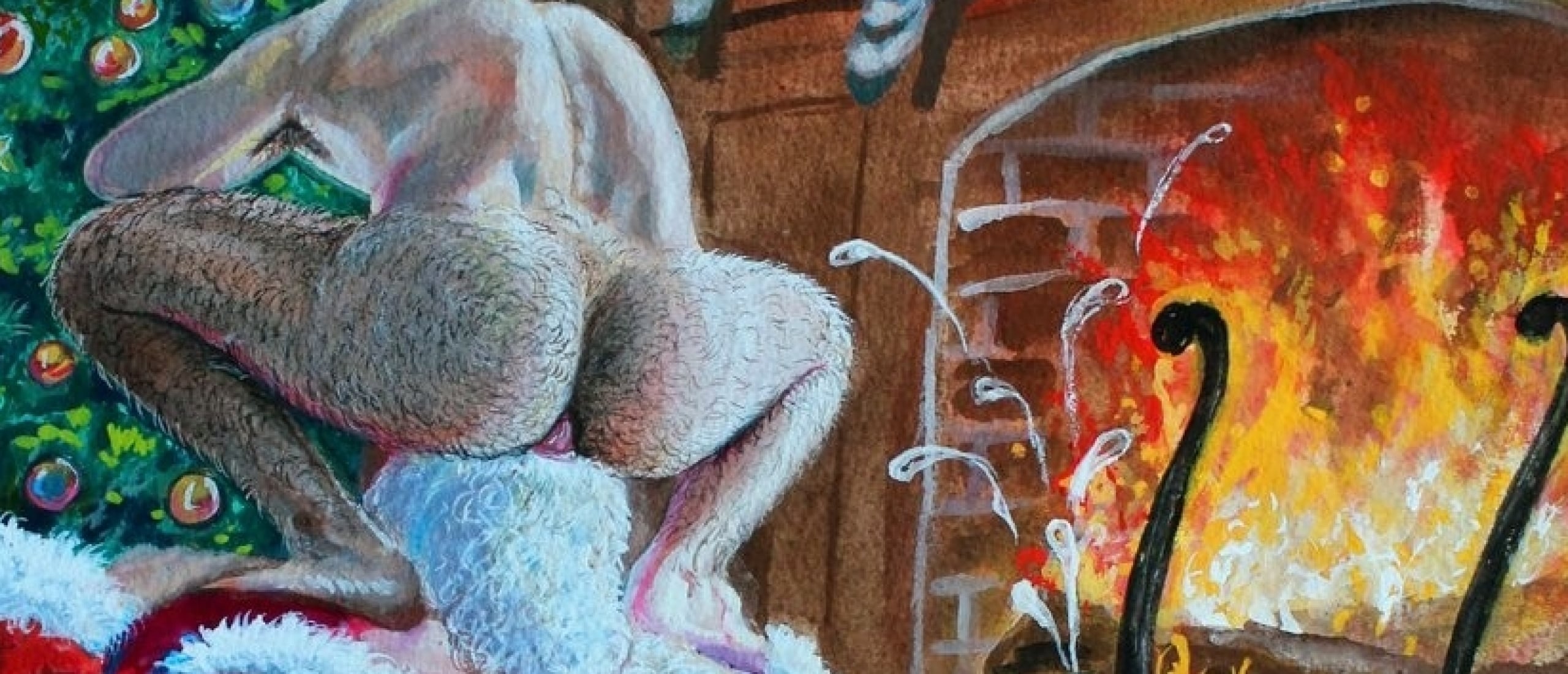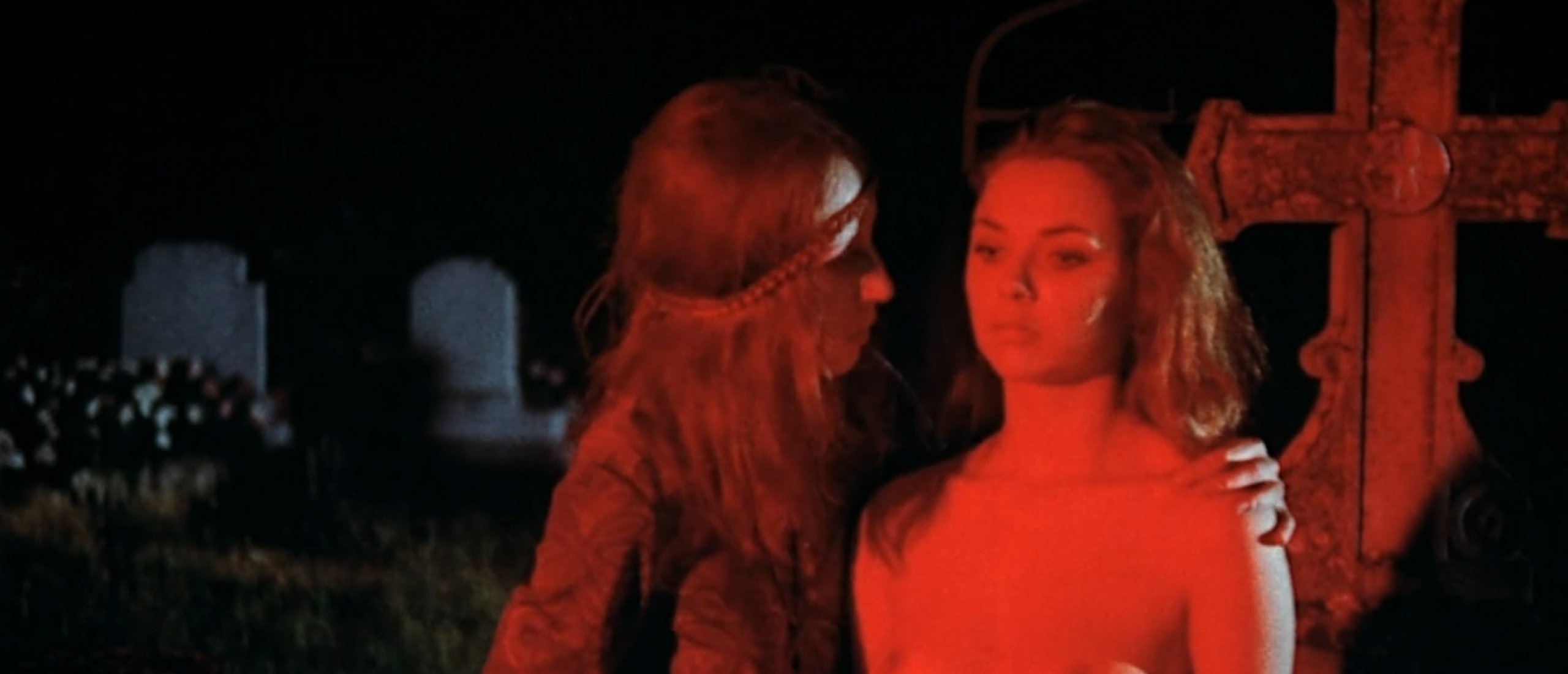
Enemies of the State: the Films and Filmmakers of the Underground — Part 5 “Vampires”
It is generally agreed that all story is parable. On occasion, in response to circumstance, it becomes innuendo. This is clear enough within the vampire mythos, e.g., a vampire’s bite — i.e., a vampire’s “kiss.” Today’s article will look at the Vampire film of the 1970s, born of the Euro-Horror movement and filmmakers like Jean Rollin, who spliced the genre’s already erotically-charged genetic-code with full blown horniness.
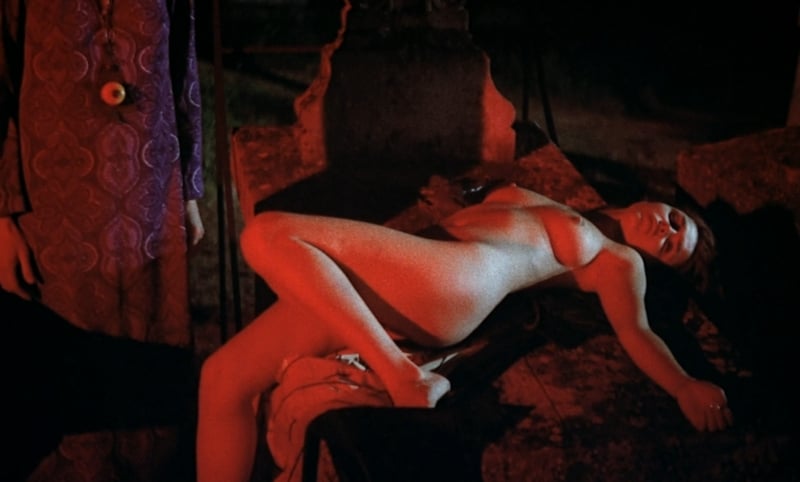
Fig. 1 (The Shiver of the Vampires—1971)
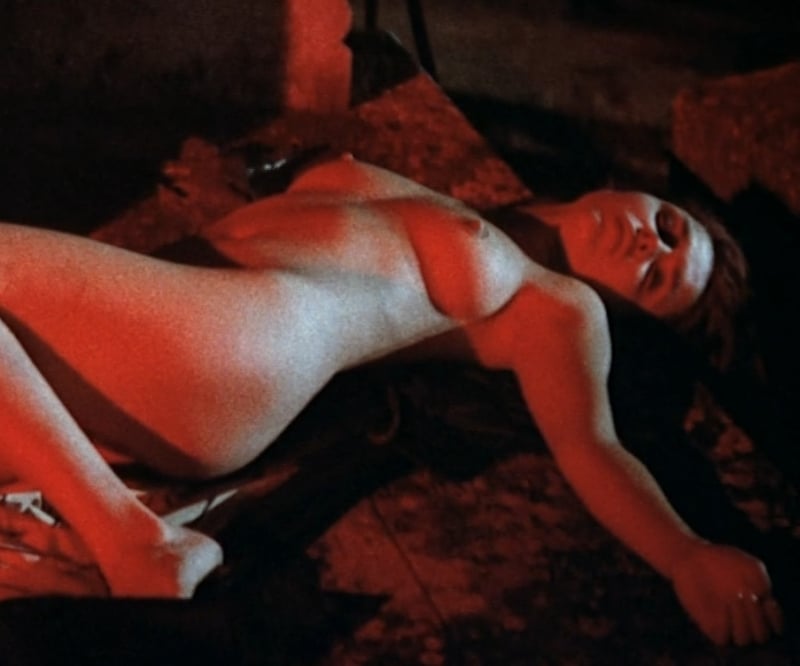
Fig.1a
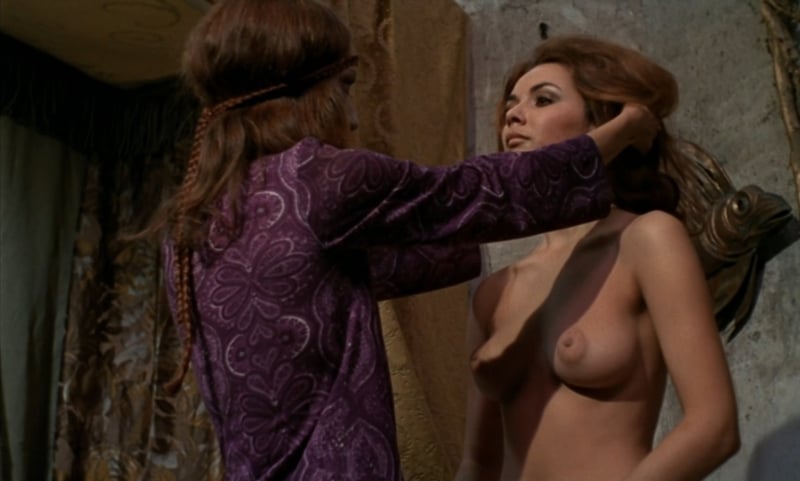
Fig. 2 (The Shiver of the Vampires—1971)
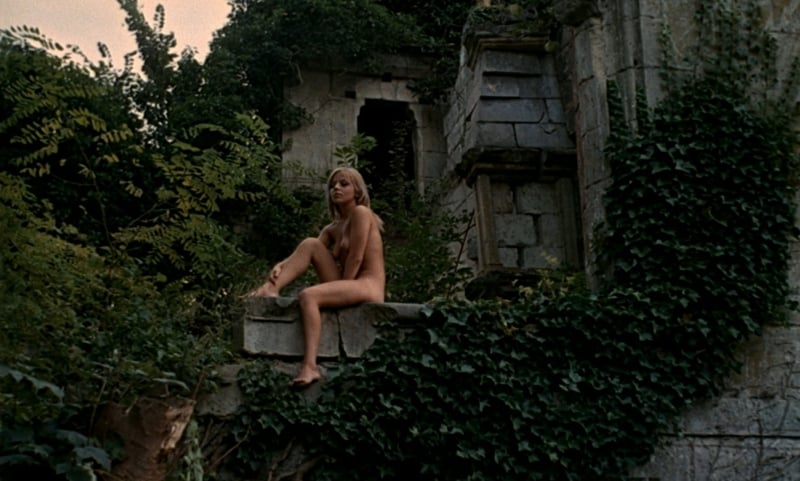
Fig. 3 (The Shiver of the Vampires—1971)
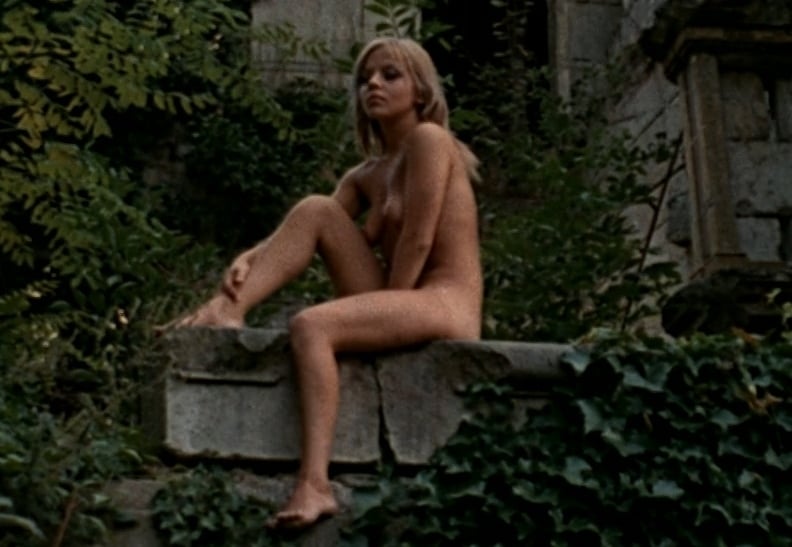
Fig.3a
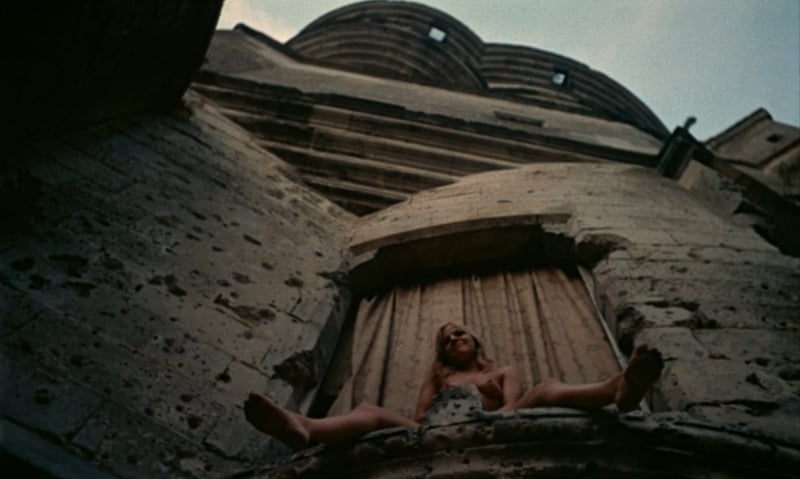
Fig. 4 (The Shiver of the Vampires—1971)
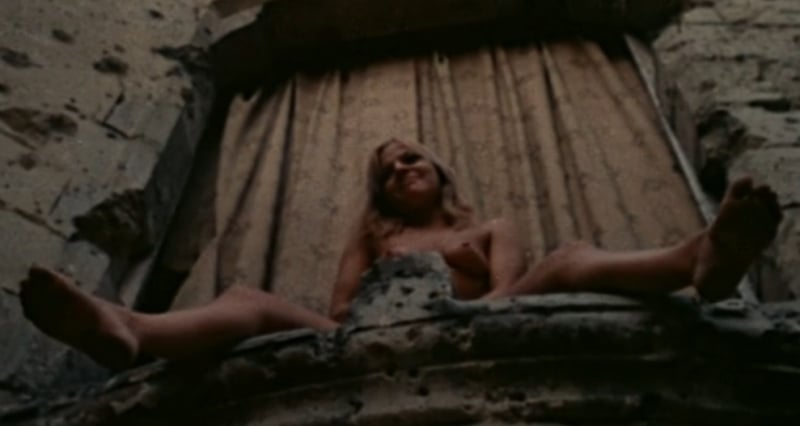
Fig.4a
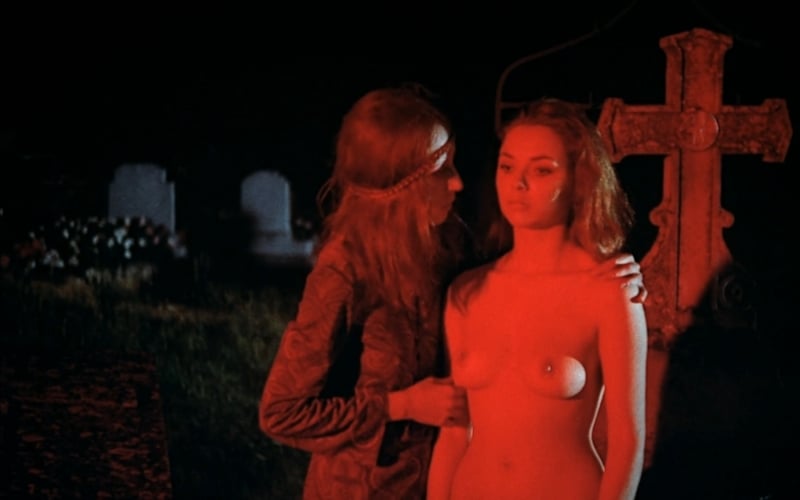
Fig. 5 (The Shiver of the Vampires—1971)
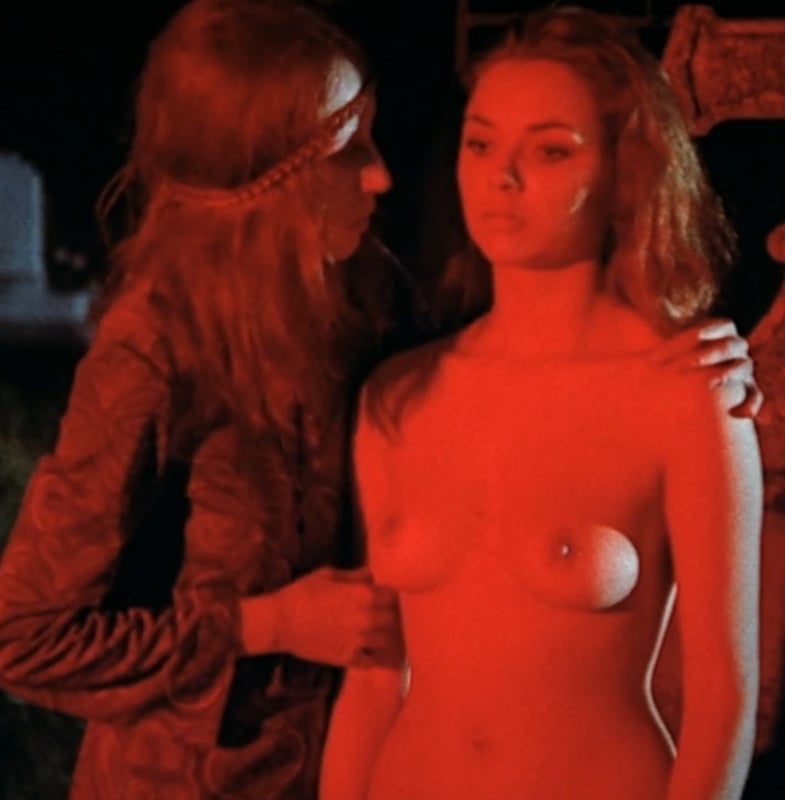
Fig.5a
The Many Innuendos of Vampirism in Literature
While the vampire began its life, in pre-18th century mythology, as something resembling a corpse — immortality had not saved its flesh from deterioration — starting in 1819, with John Polidori’s introduction of the gentleman Vampire in his novel “The Vampyre,” the entire mythology surrounding the creature took a turn towards the romantic. Polidori’s monster, far from the ghoulishness of previous incarnations, was an aristocrat, well dressed and cultured. More than anything, a seducer of the female sex, only instead of sleeping with them, he sucked the blood from their necks. At this point in history sex could not be fully represented, in order to explore the themes of eroticism, artists employed allegory. The innuendo of the genre is clear: sucking one’s blood involves an exchange of fluids, much like kissing or sexual intercourse. The bloodlust experienced by Vampires, especially by the titular character in Bram Stoker’s Dracula, is portrayed in a way that mirrors sexual lust. Dracula’s victims were female, they were bitten on their neck — an erogenous zone (full of blood) — and they became corrupted (i.e. became vampires) as a result of the bite — mirroring the sexually repressed attitude of the time, and its idea that women become corrupted after losing their virginity. 1872’s Carmilla, written by Sheridan Le Fanu, was coded with the same innuendo, backlit by lesbian undertones: both the vampire, Carmilla, and her victim, Laura, were women.
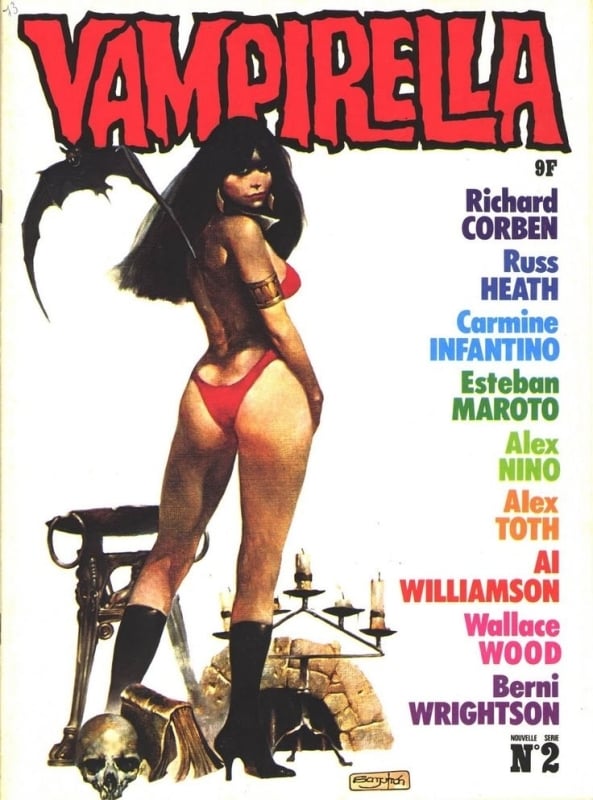
Fig. 6 (Vampirella art by Frank Frazetta, for the Vampirella comic)
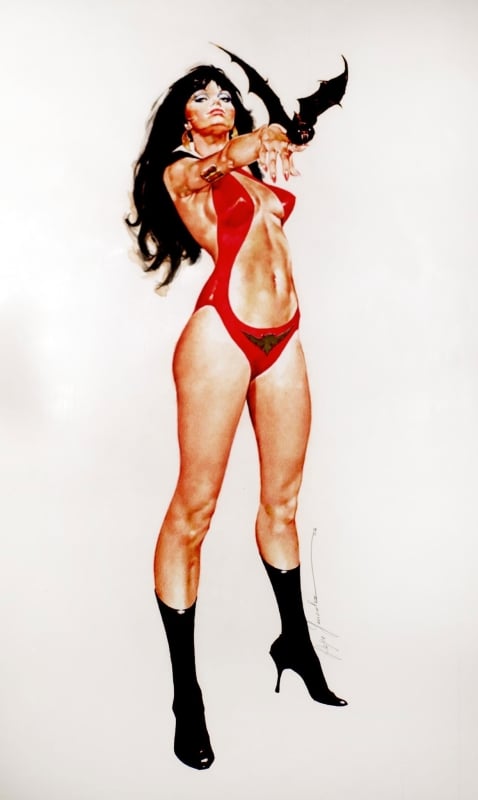
Fig. 7 (by Frank Frazetta)
In Film
By the time Hammer Studios began their run of Vampire films in the late ‘50s, the West’s puritan grip had loosened. While not as explicit as the films we will soon cover, Hammer had taken the erotic undercurrent of the genre’s literature, and further visually sexualized the condition with extraneous shots of cleavage, gowns and corsets that hugged said cleavage into existence, and at least one shot of a woman’s chest where neither a gown nor a bra were present. Meanwhile, the more sexually liberated world of European cinema allowed its filmmakers, most notably Jean Rollin, to explore vampirism through the lens of softcore, which, by the 70s, was accepted widely enough to allow directors of Rollin’s caliber to have careers resembling that of a mainstream director.
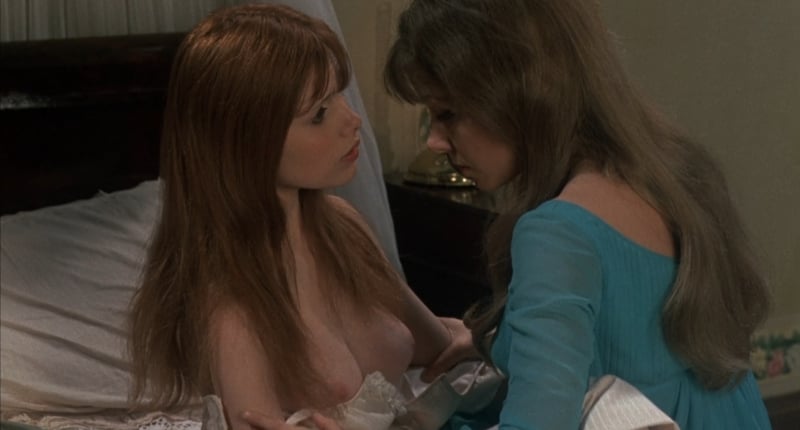
Fig. 8 (Vampire Lover—1970)
Continue reading in Premium and discover more on the sexual abstractions in Rollins' films, reviews on the vampire films Requiem for a Vampire (1971), Lips of Blood (1975), and Fascination (1979), the modern vampire, 70 stimulating pics, and MUCH more...!!
Click HERE for 104 of the best kinky crime and horror posters of Emanuele Taglietti or HERE for part 1 of the Enemies of the State series on "Splatter Eros" films.
Let us know your thoughts about the artilce in the comment box below...!!

